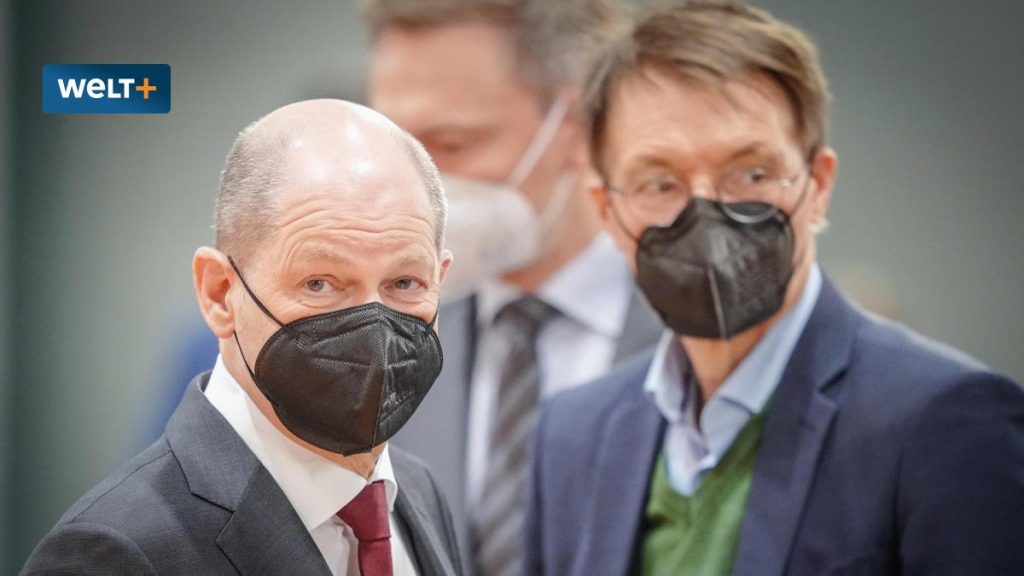The handling of the pandemic in Germany has taken a major turn with the decision to release a controversial study conducted by the Robert Koch Institute (RKI). The study, which gives the German government a positive assessment in its response to the pandemic, was previously blocked from being published by Health Minister Karl Lauterbach. However, under pressure from FDP politician Wolfgang Kubicki, the Chancellery intervened and the study will now be released as soon as possible.
The decision to release the RKI study comes after a period of intense debate and controversy surrounding the government’s handling of the pandemic. Many critics have accused the government of acting too slowly and not taking enough decisive action to contain the spread of the virus. The study, which reportedly praises the government’s measures and strategies, is seen as a way to counter these criticisms and showcase the government’s successes in managing the crisis.
Health Minister Karl Lauterbach’s initial reluctance to release the study has raised questions about the transparency and accountability of the government in dealing with the pandemic. Some have speculated that Lauterbach was attempting to control the narrative surrounding the government’s response to the crisis by suppressing the study. The intervention of FDP politician Wolfgang Kubicki and the Chancellery’s decision to release the study indicate a shift towards greater transparency and a willingness to address criticism openly.
The release of the RKI study is expected to provide valuable insights into the effectiveness of the government’s measures in controlling the pandemic. The study is said to analyze data and trends related to the spread of the virus, the impact of public health measures, and the readiness of the healthcare system to handle the crisis. By making the study public, the government hopes to enhance public understanding of its actions and showcase the successes achieved in managing the pandemic.
The decision to release the RKI study has been met with a mix of reactions from the public and political commentators. While some see it as a positive step towards greater transparency and accountability, others remain skeptical about the timing and motives behind the release. Some have raised concerns about the potential for the study to be used for political purposes or to whitewash the government’s response to the pandemic. It remains to be seen how the release of the study will impact public perception of the government’s handling of the crisis.
Overall, the decision to release the RKI study marks a significant development in the ongoing debate over the government’s response to the pandemic in Germany. By making the study public, the government is signaling a commitment to transparency and a willingness to address criticism openly. The study is expected to provide valuable insights into the effectiveness of the government’s measures and strategies in managing the crisis. However, questions still remain about the motivations behind the initial decision to block the study and how the government plans to use the findings to shape public opinion moving forward.


